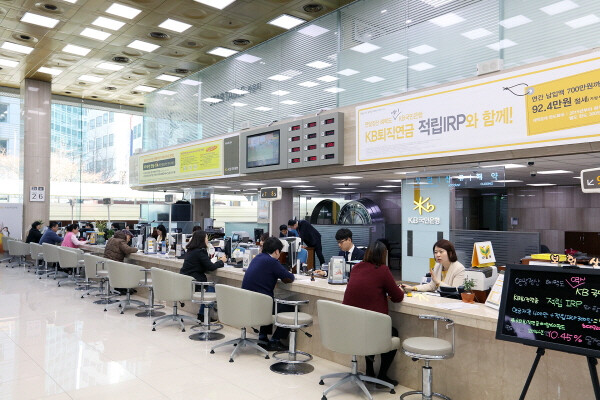
According to the Financial Services Commission, 79.3% of those linked to finance and employment this year were unemployed or non-regular workers, and 83.2% had an annual income of less than 25 million won. Similarly, for those linked to finance and welfare, 65.4% were unemployed or non-regular workers, and 77.3% had an annual income of less than 25 million won. This means that the service was concentrated on vulnerable groups in terms of employment and income. As a result of the complex support, financial conditions such as high-interest loan balances and the proportion of delinquent borrowers have improved overall. User satisfaction and willingness to reuse were also high at 81.2% and 91%, respectively.
From next year, the scope of complex support will also be expanded. In the employment sector, the Korea Workers' Compensation and Welfare Service's vocational training livelihood loan business (interest rate 1%, maximum 10 million won) will be additionally linked. It is expected that counselors who meet the support requirements will be able to access the low-interest loan service of the Korea Workers' Compensation and Welfare Service through the credit counseling center. In the housing sector, a computer linkage system will be established between the credit counseling center and the Housing Finance Corporation. It is expected that the inconvenience of having to submit proof documents manually when low-income financial borrowers receive special pledge guarantees for jeonse loans will be reduced. Cooperation between institutions will be strengthened so that support programs provided by various professional associations, starting with the Korea Arts Management Service, can also be provided through credit counseling centers.
From the end of next year, public my data will be used to identify customers more precisely. In addition, the number of counseling staff at the Korea Credit Information Service and the Credit Recovery Foundation will be increased, and a specialized complex support training course will be established to enhance the professionalism of counselors so that smooth counseling can be provided on-site.
"The core of complex support is to enable users to use various scattered services in a one-stop manner, regardless of which institution they visit," said Chairman Kim. "I urge all institutions to actively cooperate so that new complex support initiatives can be successfully implemented in the field."
[Copyright (c) Global Economic Times. All Rights Reserved.]






























